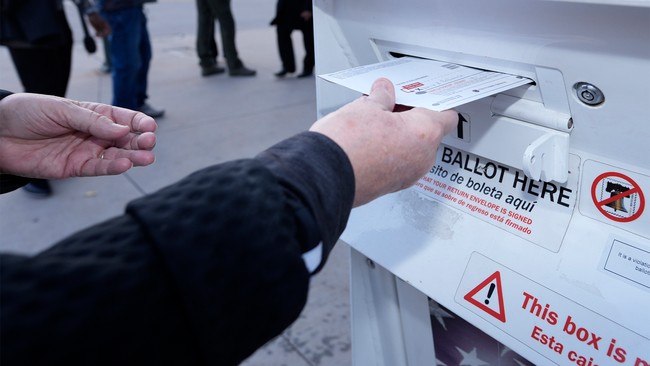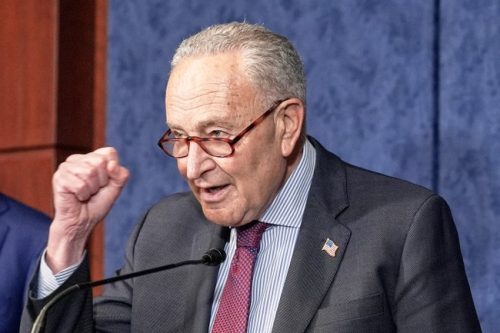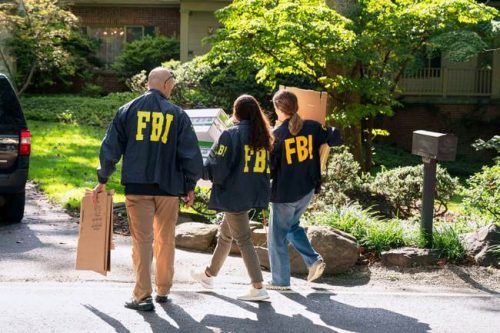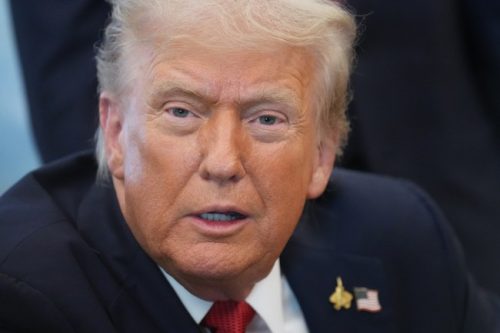Minnesota Just Admitted That Illegals Can Vote in Their Elections
This week Minnesota quietly confirmed a problem many feared: a policy meant to expand access to driver’s licenses has a voting loophole. The exchange between State Rep. Patti Anderson and Minnesota Elections Director Paul Linnell put the issue on record. What should be a straightforward rule about legal eligibility is being stretched by administrative practice.
The state’s driver’s license policy allows people to obtain identification even when their Social Security information doesn’t match. When registration systems flag a mismatch, election workers rely on the physical ID and a signed attestation of eligibility. That combination can clear someone to vote even if other verification steps fail.
THEN: Tim Walz signs “Driver’s Licenses for All” law, allowing illegal aliens to obtain free government-issued photo IDs.
NOW: Minnesota election officials confirm that illegal aliens can vote in state elections using those driver’s licenses.
But I was told this can’t happen? pic.twitter.com/ov4XUC0mfY
— Dustin Grage (@GrageDustin) October 14, 2025
The admission came during a tense questioning of the elections director and it should raise alarms about election integrity across the country. Minnesota’s approach creates a pathway where errors or gaps in verification become a green light for casting a ballot. Republican leaders have long warned that loosening ID rules without airtight safeguards invites trouble.
Rep. Anderson pressed the point directly and the response highlighted how the process works in practice. The back-and-forth showed how officials interpret rules when paperwork or databases don’t line up. This isn’t an abstract risk; it’s a real procedural opening.
So, the answer to my question is yes. Under that scenario, someone could. They get their driver’s license, again, because we give them to anybody here. They register to vote, it doesn’t match with the Social Security number, so they’re flagged. But they come in as long as they have an ID, which is that driver’s license, and they sign that they are, you know, eligible to vote, they can vote, and they’re then no longer flagged.
The exchange that followed made the consequences unmistakable. Officials could not deny that the mechanics described would allow an ineligible person to slip through. For anyone worried about fair elections, that’s a red flag.
“Okay, so the answer is yes to my question,” she replied. That simple sentence confirms what advocates have been warning about and what the public deserves to know in clear terms. When a state admits this is possible, voters should expect immediate fixes.
To be blunt, Democrats would fade into political irrelevancy without illegal aliens. That point explains the political heat behind these policy choices and why accountability matters now more than ever. When one party benefits from weak verification, the public trust in elections erodes fast.
Mechanically, the loophole exists because a physical ID plus a signed claim of eligibility can override flagged mismatches. Election workers often act in good faith, but good intentions don’t replace robust checks. Procedures need to be structured so that mismatches trigger final review, not automatic clearance.
States that value secure, credible elections should insist on solid identity verification and clear follow-up when databases don’t match. Minnesota’s admission is a case study in why broad ID access must include hard safeguards against misuse. Without that, the integrity of every close race is at risk.
This is not merely a local quirk; it’s a warning for other states considering similarly loose rules. If one state can create this opening, others can too, and the incentives are obvious. Responsible policy requires fixing the loophole before it becomes a pattern.
Voters deserve systems that protect both access and security, and officials should prefer transparency over spin. The exchange in Minnesota should prompt lawmakers to re-evaluate how IDs, registration flags, and final eligibility checks are handled. Fix the process, restore confidence, and make sure votes count only when they are lawful.






